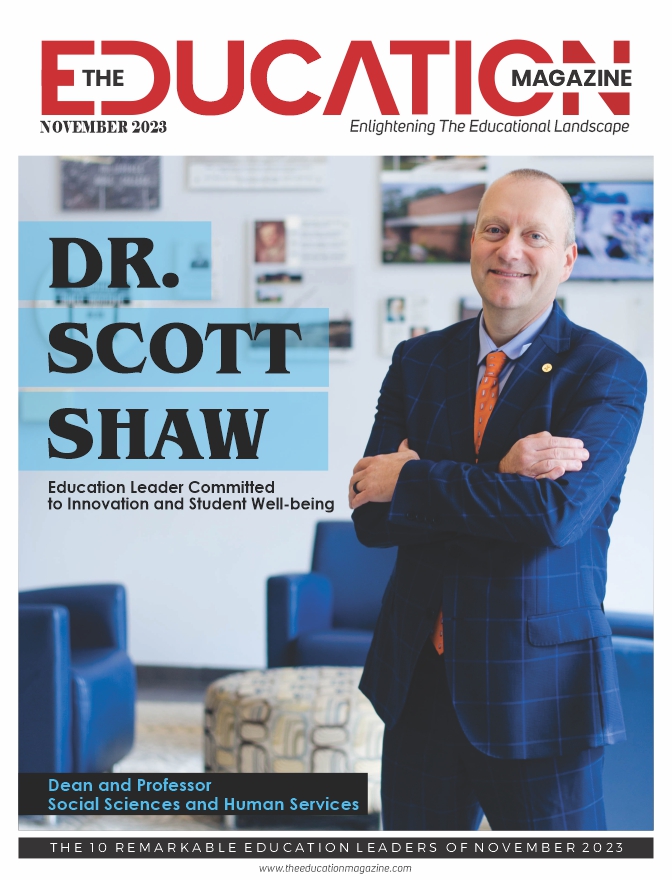Key Highlights:
- Microsoft Research is putting us one step closer to commercially viable DNA storage.
- Bichlien Nguyen and Karin Strauss of Microsoft Research describe a novel approach for writing synthetic DNA using a chip that is 1000x quicker.
- The technology would make cloud backup and cloud storage more durable and scalable as we approach the zettabyte future.
Faster method to write synthetic DNA
Microsoft Research has discovered a means to read and write data in DNA format more quickly, putting us one step closer to commercially viable DNA storage.
To date, the practicality of DNA as a data storage medium has been severely limited by how much and how quickly it could be manufactured. However, in a thorough study, Bichlien Nguyen and Karin Strauss of Microsoft Research describe a novel approach for writing synthetic DNA using a chip that is 1000x quicker than previously, allowing substantially better write throughput and thereby decreasing the cost of generating the material in the first place.
The researchers collaborated with the University of Washington’s Molecular Information Laboratory (MISL), and their publication, Scaling DNA Storage with Nanoscale Electrode Wells, was published in Science Advances.
A Microsoft official stated in a statement:
“We are still in the early stages of this study, and while we are encouraged by our preliminary findings, we have nothing further to disclose regarding future intentions [for commercialization].” To contribute to the research, the DNA synthesis chip served as a proof of concept, demonstrating that the electrode layout design could be utilized to synthesize massively parallel unique DNA sequences for data storage.”
“A natural next step is to embed digital logic in the chip to allow individual control of millions of electrode spots to write kilobytes per second of data in DNA, and we foresee the technology reaching arrays containing billions of electrodes capable of storing megabytes per second of data in DNA. This will bring DNA data storage performance and cost significantly closer to tape.“
The Zettabyte future
Microsoft, as one of the world’s leading cloud computing firms, has a great interest in developing this technology, which would make cloud backup and cloud storage more durable and scalable as we approach the zettabyte future.
As exciting as this all sounds, we are still a long way from putting DNA on data. Leaving aside the technological complications, DNA data storage is just too expensive–a few gigabytes would cost thousands of dollars, according to ETH Zurich’s Robert Grass, and the poor write rates mean DNA would not be suitable for frequently accessed data. Nonetheless, academics all across the globe are attempting to bring us closer to a day when the data we generate is stored on the same molecule that stores our genetic information.
Also read: The New Omicron Variant: Everything you Need to Know










